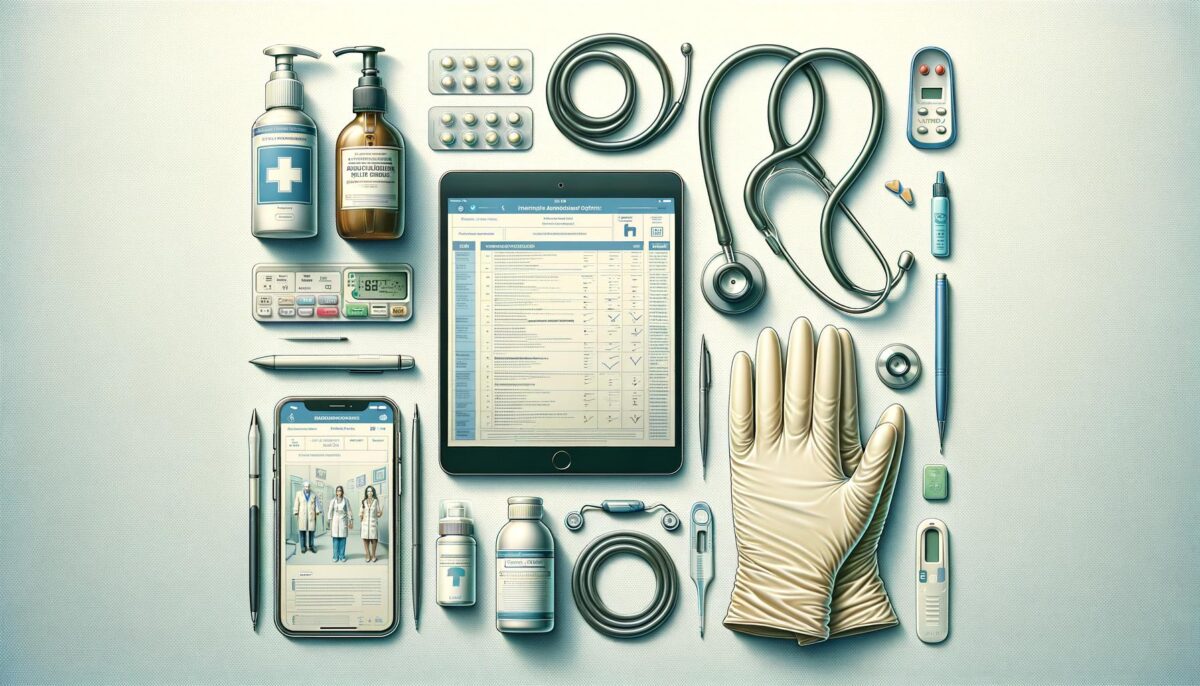The Role of a Medical Assistant
Medical assistants play a vital role in healthcare settings, acting as the bridge between patients and healthcare providers. They contribute to the smooth operation of medical facilities by performing a blend of administrative and clinical tasks. These tasks range from scheduling appointments and managing medical records to taking vital signs and preparing patients for examinations. Their multifaceted responsibilities ensure that both doctors and patients have a seamless healthcare experience, reinforcing the medical assistant’s integral position within the healthcare team.
Why Choose a Medical Assistant Course?
A medical assistant course is an excellent choice for those looking to enter the healthcare sector quickly and efficiently. One of the significant advantages of this career path includes:
- Comprehensive training: Students receive the necessary knowledge and practical skills in both administrative and clinical procedures.
- Flexibility: Courses are often designed to fit various schedules, catering to different needs and educational backgrounds.
- Quick entry: Within a relatively short period, usually ranging from a few months to a year, graduates are ready to join the workforce.
- Growth opportunities: As a foundational role in healthcare, it opens doors to further specialization and advancement in the medical field.
For those drawn to a career that involves helping others and offers personal growth, becoming a medical assistant is a path worth considering.
Curriculum and Skills Acquired
Medical assistant programs are designed to provide a well-rounded education that balances theoretical knowledge with practical application. The curriculum typically covers:
- Anatomy and physiology: Understanding the human body and its functions.
- Medical terminology: Learning the language of healthcare professionals.
- Office administration: Includes training on medical billing, coding, and electronic health records.
- Clinical procedures: Training on how to assist during exams, collect specimens, and perform basic lab tests.
These skills ensure graduates are well-prepared to meet the demands of a dynamic healthcare environment, equipped to handle the diverse challenges presented in their role.
Certification and Job Prospects
Obtaining certification as a medical assistant can greatly enhance job prospects and is often preferred by employers. Certifications such as the Certified Medical Assistant (CMA) or Registered Medical Assistant (RMA) signify a recognized standard of excellence and competence. The need for qualified medical assistants is growing, with demand driven by an aging population and expanded healthcare services. Graduates find opportunities in various settings, including hospitals, clinics, and private practices, making it a highly favorable career choice.
The Future of Medical Assisting
The future looks promising for medical assistants, with the role evolving to meet the changing needs of the healthcare system. As technology continues to advance, medical assistants will increasingly engage with electronic health records and telehealth platforms, broadening their scope of work. Additionally, changes in healthcare policies and patient care models will likely create new opportunities for medical assistants to further specialize and take on more responsibilities. This adaptability highlights the long-term viability and satisfaction of a career as a medical assistant.
Conclusion: A Rewarding Career Choice
Pursuing a career as a medical assistant is a rewarding choice for those passionate about contributing to patient care and the healthcare system. This role not only offers personal fulfillment through helping others but also provides a solid foundation for professional growth. With the healthcare industry continually expanding, the demand for skilled medical assistants remains robust, ensuring a stable and promising career path for those who choose this noble profession.
